Work-life balance is not an obtainable goal.
I once heard an expert in my field profess that he reads 50 journal articles a week - in addition to his clinical load.
I like research but this sounded excessive.
Interested - I asked my supervisor how they managed to stay up to date with research and keep up with clinical demands. They suggested I read and write research during evenings and weekends.
I was fascinated by this response.
In an industry focused on using evidence-based practice to support mental health and wellbeing, they were suggesting I sacrifice time exercising, socialising, sleeping and otherwise caring for myself. That is - I sacrifice all the things I do to maintain my mental health and wellbeing.
I have a great work ethic, but I am usually pretty shattered by clinical work at end of the day and week. Spending additional time reading research isn’t sustainable.
How did mental health practitioners set up a system that jeopardises our own mental health?
And what about the mental health and wellbeing of those around us? When a clinician goes home and reads research at night – who does the unpaid labour to walk the dog, cook dinner, bath children or sort clean clothes and lunches? What about just spending quality time with loved ones and children?
Ultimately, we need a systemic change that allows time and space in our work week to read, reflect and contribute to research.
In the meantime - I got some much better advice on this topic from my EDMR Consultant supervisor Dr Catherine Hynes. She explained that I should stop looking for the perfect balance between life and work - and rather accept that this is a dynamic process of constant adjustment. Sometimes I might spend a weekend diving into research and at other times I might take extended leave to be with my family and friends.
Balance is not perfectly dividing our day between all the competing needs, but dynamically adjusting as circumstance arise and change.
And from that conversation arose this video to explain why balance is not an obtainable goal - it is an ongoing process of adjustment.
If you love this explanation as much as I did - then you will be excited about the pilot e-course we have just developed on how to safeguard your wellbeing while maintaining a high standard of practice.
It is designed for anyone looking to enhance their wellbeing - but is vital for supervisors, new graduates and trauma therapists.
You can check out the course here:
Safety Planning for Practitioners e-course
Otherwise, we developed a 22 page guide to accompany the course and we would love to share it with you. If you are keen - drop your email below and we will send you a copy.



